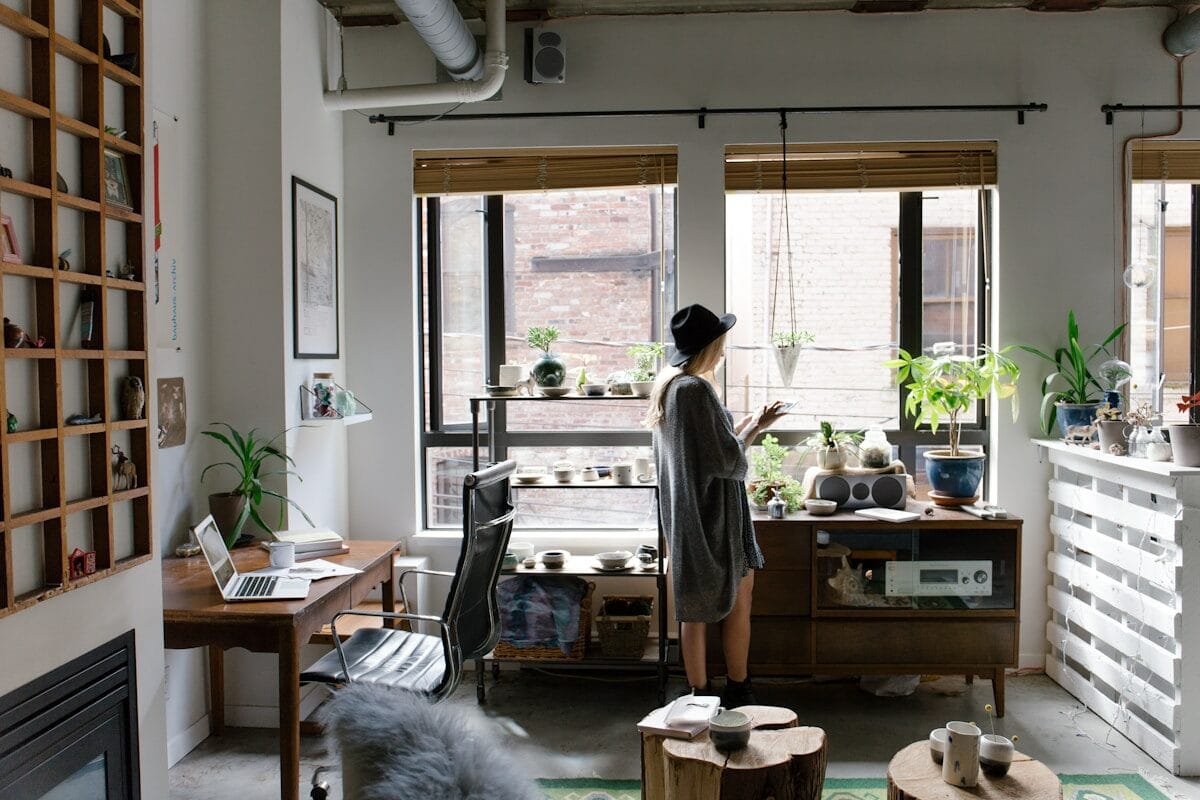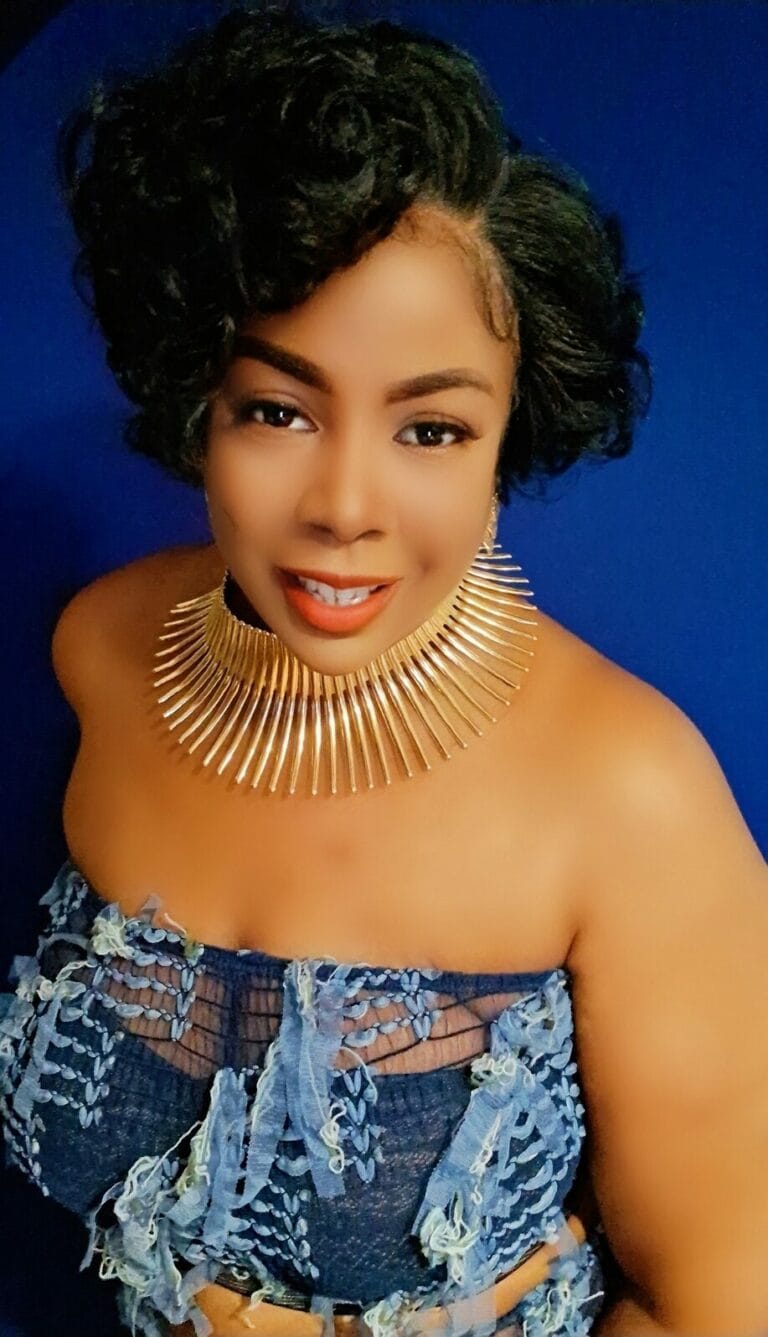Sarah’s morning starts like most others – coffee brewing, children arguing over cereal, and her laptop balanced precariously next to a pile of washing that needs folding. Between refereeing sibling disputes and answering client emails, she opens her banking app to check yesterday’s payments. This is her office: the kitchen table, complete with sticky fingerprints and yesterday’s art project still drying in the corner.
It’s a scene playing out in homes across America, where more than 15 million women run businesses from their dining rooms, spare bedrooms and kitchen tables. These aren’t corner offices with assistants and elaborate systems – they’re real women figuring out money in between school runs and grocery shopping, building something meaningful without the luxury of separating ‘work life’ from everything else.
The Awkward Dance of Mixed-Up Money
When you’re working from home, the lines blur in ways that would make any accountant nervous. That client payment lands in your personal account because you haven’t quite sorted out a business one yet. The printer ink you bought for invoices gets mixed up with school supplies on your credit card statement. Before you know it, trying to work out what’s what becomes like untangling Christmas lights – frustrating and time-consuming.
Running a business from home comes with flexibility, comfort and the chance to build something meaningful without the overhead of a storefront or office space. Keeping personal and business finances separate isn’t about being properly businesslike – it’s about making life easier when you’re already juggling everything else. Setting up a separate bank account for business income and expenses helps keep everything clear and avoids confusion when it’s time to file taxes.
Thanks to recent developments like the Fair Access to Banking Act, small business owners now have better protection from unfair banking discrimination. Meanwhile, digital banks like Novo and Found offer streamlined business accounts with no hidden fees, making it less daunting to take that first step.
Coffee and Calculations: The Weekly Reality Check
For many women running home businesses, Sunday morning has become sacred. Not for lie-ins or leisurely breakfasts, but for the weekly money check-in that keeps everything on track. It might happen while children are painting at the same table, or during those precious 15 minutes before anyone else wakes up.
This weekly ritual doesn’t require spreadsheets that would impress an accountant. It’s more like a gentle conversation with your money – seeing what came in, what went out, and whether any patterns are starting to emerge. Getting into the habit of regular review helps identify trends, avoid surprises and make smarter decisions without the stress of grand monthly reckonings.
One way to keep business finances in check is by setting aside time each week to review earnings and spending. This doesn’t need to be a long session – a quick check-in can make a big difference. Despite various challenges, 56% of women-owned businesses reported profitability in 2024, often crediting consistent, simple financial habits rather than complex systems.
Making It Stick Without the Stress
The beauty of these weekly check-ins isn’t perfection – it’s recognition. Seeing that slow month coming before it hits. Noticing that particular service brings in more than expected. Understanding your rhythm without needing a degree in finance.
When Getting Paid Becomes Simple
Nothing kills the joy of finishing a project quite like the awkward dance of actually getting paid for it. Clients who can only pay by cheque. Payment systems that charge fees higher than your profit margin. The endless back-and-forth of ‘Did you get my invoice?’ followed by ‘I’ll pay you next week’ stretching into next month.
Offering different ways to get paid can make a significant difference, especially for home-based businesses. Clients appreciate the convenience of paying through their preferred method, and the easier it is to pay, the faster the cash flow. For those who need to accept payments for home services, having flexible payment options isn’t just about convenience – it’s about respect for both your time and your clients’ preferences.
Modern payment solutions like Square, Stripe and others offer mobile card readers, invoicing and integrated collections tailored for on-site businesses. These tools turn payment from a complicated process into something as simple as sending a text.
Having a mix of options available supports business growth and builds trust with customers who expect flexibility. Payment flexibility means more than convenience – it’s respect for clients and sanity for the business owner, especially for women earning on their own terms.
The Quiet Victory of Small Habits
There’s something deeply satisfying about updating a simple spreadsheet or watching a direct payment notification pop up on your phone. These aren’t earth-shattering moments, but they’re the small victories that add up to something bigger: control.
Consistency matters more than perfection when it comes to financial habits. Small steps, done regularly, are what lead to stronger systems and more confidence. Many successful businesswomen credit their growth to steady habits and the discipline to stick to them, even when things feel messy.
It’s worth celebrating when a habit sticks – that weekly money date, the separate account that’s finally set up, the payment system that just works. These tiny wins build confidence in ways that no amount of business advice can match.
Peace of Mind, Not Profit Margins
The real payoff of sensible money habits isn’t found in complicated financial reports or impressive profit margins. It’s quieter than that: the calm that comes from knowing where you stand, even when clients are slow to pay or the boiler decides to break down.
Strong financial habits are the foundation of a healthy home-based business. With regular tracking, smart planning and flexible tools, business owners can stay confident and focused on doing great work without the stress of money getting in the way. It’s about building routines that work day after day, creating space to focus on what matters most.
When women feel in control of their money, they’re not just better at business – they’re better at everything else too. The confidence that comes from steady financial habits isn’t just about surviving the tough months; it’s about having the headspace to spot opportunities, take calculated risks and build something that lasts.
Since women business owners tend to invest more personal funds and teach themselves financial management, these gentle, consistent approaches to money make the difference between thriving and merely surviving. The kitchen table office might not look impressive, but the quiet confidence it fosters certainly is.






